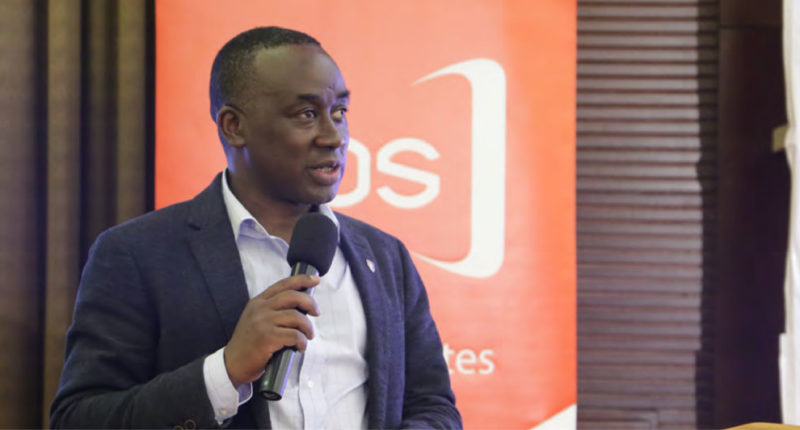In an increasingly mobile global economy, it is important that African thought leaders consider the subject of innovations in the context of the millions of jobs that can be created and the larger impact on human life.
Innovations and Youth in Africa
So what does the age of disruptive innovations mean for opportunity and wellbeing for Africans? The factors that inhibit Africa’s emergence as the next hub for disruptive innovations are the same factors that positon Africa as most ideal for the innovations to happen, which are population and demographics.
Of the world’s 7.3 billion people, 1.2 billion are Africans, representing the second largest in population after China. By 2050 the population will have grown to 2.2 billion people. Of these, two thirds are considered youth under the age of 25 years.
With this snapshot how then do we see Africa emerge to lead in the age of innovation? Africa must primarily acknowledge population and demography as its competitive advantage. The median age in North America is 37 to 40 years, while in Europe it is 37 years and projected to be 52 years in 2050; on the contrary, Africa’s median age is 19 years.
To compete, Africa must consider unleashing this human power on the world by investing in skills, creating conducive environments for innovation, and most importantly shaping the software for this innovation – our mindsets.
Awel Uwihanganye
What Africa requires is an empowered youth population that is clear on its self identity, self worth, and with an inspired commitment to create and change. This is the power that can potentially put Africa at the centre of the global innovations space.
Additionally, Africa has the fastest growing rates of both mobile telephony and data penetration, with a projected 700 million users of smart phones by 2050. Mobile technology and data usage have been central to the disruptive innovations wave across the world.
The Western Economy, Capitalism, and the Age of Innovation
Innovation from a western experience is leading to more automated systems, replacing human effort in production and delivery of services. The drive for innovative solutions for Africa cannot afford to adopt this approach, for a region with 50% of global poverty. Africa must find a balance in its adoption of technological innovation where the benefits of efficient and fast communications are balanced against building efficient economies where labour is utilised.
One can argue that the age of disruptive innovations is another way for capitalism to keep a stranglehold on world economies, and keep maximum profits flowing in the pockets of the already rich. The phrase disruptive innovations is reflective of similar catch phrases often shaped by capitalist drivers of economic thought to direct consumer trends and economic outlook. Using the power of media such phrases translate into a narrative which the rest of us conform to, and even when the narratives are shaped for audiences in western economies, the rest of the world catches on, Africa included.
Disruption like many other trending fads such as the “Africa rising”narrative are products from the Silicon Valley mind labs, made more popular with the entrepreneurship start-up culture inherent in the capitalist Silicon Valley mind labs model.
Thanks to their efforts, innovation in the tech-world has radically changed the way most access services and are increasingly putting traditional businesses out of the game. Modern business thinking demands an adaptation to technology. Businesses either innovate or die.
How do we get Africa moving?
Enter Africa: the much-taunted next frontier for economic growth and opportunity (phrase reminiscent of colonialists arriving on Africa’s shores ready to conquer). Moving through many innovations and accelerator hubs, you meet some of Africa’s bright minds, working on a wide range of ideas that can offer solutions for easier and effective delivery for social services, facilitate a dynamic local economy, and truly disrupt different economic sectors and the world economy.
For the millions of innovative ideas being advanced by the young generation in Africa to reach scale, and impact societies where they live, and the world around them, several factors must fall in place.
Mindset towards African innovation solutions must offer solutions to the most pressing problems or needs of the people in critical areas such as health, education, finance or even recreation. Efforts at such innovations must also be invested in, and be facilitated to reach scale. Investing in innovations that are not inclusive, that exclusively cater for the elite and well to do, will only heighten the income divides with negative consequences.
To begin with, we must think-tank how to innovate differently. We can’t do it the American way or how it has been done in the western economies and win. We simply don’t have the same software (mindset) with a vision of society and agenda like they do. To put it simply, Africa has to invest in young people. They are the greatest resource the continent has. Shaping their mindset and validating their ideas and thought processes of their own place in an increasingly globalised world is what we must do.









